Be ethical, success will follow: OMD's Jasmin Sohrabji
Adgully: What do you consider to be your career's landmark events?
Jasmin Sohrabji: For me, setting up Mediacom, and then OMD, represent two landmark events in my media career. Both had to be established right from the point of the brand name. It was critical to establish Mediacom as a separate entity †not as a division, but as a company in its own right †amid the already established players. I think when I left Mediacom, I left it as a strong entity and brand: a brand that possessed good equity and value. The values we cherished were strategic and innovative thinking, and research, which was our strength. Mediacom was never known as a large player in the market, but it was always considered strong. Setting up OMD, of course, has been the biggest landmark in my life, principally because it had to be done from scratch. We did not even have an office, it operated from a hotel lobby in the early days. From that beginning it has reached the Top 5 league and is a large player. Within three years of its inception, OMD acquired a full-fledged national setup with different functions and divisions. I think that has been one biggest achievements in my life.
The other important points in my career are represented by two research projects that I feel are my contribution, akin to a legacy, to the industry though they were carried out for a company. Two very special awards †the gold and the Grand Emvie †were the outcomes of the research projects. In addition to the award, the research projects received gratifying response from clients from all over India and the world. Both studies were special because they actually contribute to the way we carry out media planning, and TAM actually started providing support to these research projects. I asked TAM to collate and code data according to such parameters as light viewing and token viewing. Now light, medium, and heavy TV viewing are part of the TAM software. To me, the inclusion of these in the software was a big breakthrough. Research is very dear to my heart. These were the two projects that I feel the industry accepted and acknowledged.
The other landmark probably would be the business head award that came to me in a very competitive space with people like Piyush Pandey, who is so respected. To be in the shortlist itself was a victory for me; but to win was the icing on the cake. Also important is the fact that for the first time, this award came to the head of a media agency. In India, it usually goes to a creative agency.
I think the other key moments in my career have come in the form of stints outside the country. These are very important to me because they exposed me to different environments. I handled Indonesia operations for Mediacom for some time and then joined the team that went to New York. Another rewarding experience, in the mid-level of my career, was being the Asia-Pacific regional director for the the P&G business. It was interesting because I didn't handle P&G in India. The job offered great insights into every Asian market. And I got phenomenal exposure to global media planning.
AG: What sort of experience do start-ups afford? What make them a success?
JS: As far as my personal contribution is concerned, my passion for media helped at both places. I really love the business aspect of operations now, but being a media practitioner was also valuable. If you look at media heads, a lot of them are business heads. I am a business head, but I am a media practitioner fundamentally. People still see me as India's best media-planning person, and to me that is a compliment still. I understand the business and, therefore, I can drive a start-up. A business head can start anything, but to start a media setup, you definitely need to understand that vocation. How do you indentify the right talent? How do you position yourself in the market? A business head will look at only growth and business. Mediacom was started as a small operation, but we positioned ourselves as the smartest planning people, and that accounts for all the research projects. Planning, strategy and research were our positioning factors always. At the Emvies, someone very senior told me that Mediacom was frontrunner when it comes to media research †and that was an achievement!
I was groomed into this role while at Grey. I was groomed by someone who is very much a business head. I was the head of media, but on business side of things, I reported to someone who I think gave me a very good grounding in that function. Had it not been for that guidance, I would have gone my own happy way and just been a media planner. The transition was very gradual. Setting up start-ups is an art like none other.
AG: Do you think the industry lacks good research studies?
JS: There are some important research projects being undertaken by the industry. I think what the industry lacks is a proper understanding of the concept of research. Some people carry out research, at the ground level, and come up with something interesting in terms of usability or executability. Some people merely use existing data and model it differently and call that research! Sometimes, when I see research case studies, I feel what I consider to be research is different from what others do. Research leads to very good strategic implementation. And that's coming from all sides, from media and creative agencies. I think we have the resources now and people are willingly to make investments. Some ten years ago, people didn't have that kind of money or resources. Businesses were smaller and research was expensive. But that is not the case today. So, in the end, I think there is no uniformity of thinking on what we call research.
AG: What do you consider your agencies highpoints?
JS: One of the large-scale research initiatives we have engaged in is a study called PCP or Purchase Cycle Planning. It is, in fact, the first-of-its-kind study in India in terms of scale. It is indeed an enormous research project, involving 16 cities across the country. Its rationale was to understand the purchase patterns of consumers in order to help us schedule our advertising. Do people buy on weekday or weekends? Do they buy at the beginning of the month, or in the middle, or at the end? Or at any particular time of the month? Are purchases linked to the salary? These were some of the vital questions the study tried to answer. The study is impacting many of our brands.
At the brand level, we have done some very good work for Intel. The reason I identify Intel among our other clients is that it's not easy to do what FMCG products do. Technology brands don't present a lot of advantages in the form of interesting ideas that can be applied to their businesses, especially in the mainstream media. The reason we think the work is good is that the communication is driven internationally but executed locally. When Intel launched its new campaign, "Sponsors for Tomorrow" †highlighting how it is driving innovations †we invited audiences to come in and think about the innovations of the future. The winners got some kind of reward and recognition from Intel.
Another interesting campaign that we are proud of is the one we did for HP, which was a green campaign. That subject is not a hot-button issue for most people, so we did an interactive mobile campaign and asked people to pledge their support for HP's green cause. Consumers' messages were shown online, and at select malls. The consumers got their 15 seconds of fame and therefore the campaign became engaging. That is an achievement for a campaign of its nature.
AG: What are indispensible to business?
JS: The first is talent: so, get the right talent and the right people. Second, ethics should never be compromised. Strong values promote passion, integrity, and commitment. If you have ethics and talent in your company, it does not need anything else...and growth and success will follow.
AG: Any brand you would want to work with in the future?
JS: Actually it is not a brand, but a category. We have just won the deal for Reliance's DTH. I am really excited about this category.
AG: What are the key strengths and weaknesses of OMD?
JS: Our people skills and talent are our big strengths, and so is our relationship with media vendors and industry stakeholders. We just had our relationships to bank on when we began, and that worked in our favour. That is something we value even today.
Also, I don't think anyone has been able to build such a significant national presence in just two years. Even agencies that started off five or six years before we did are still one-city specific. We are in Chennai, Bangalore, Delhi, and Bombay, and all units have high-profile clients. Having a national presence adds to OMD's strengths. Digital is our other big strength. And I must also mention our growth and momentum. The only weakness that people thought we will have †and probably even I thought so †was that other players had been around for over ten years when we started.
AG: What growth path have you charted for OMD?
JS: Most of my team is very new. And, as of now, we have achieved what we wanted to: which was creating a national presence and a scale of relevance. Digital was our next big initiative. Then we set up analytics last year, which is starting to take shape. We now want to nurture individual offerings.
We offer a sensible balance of science and gut feeling. That combination works well for us. We have large reserves of conviction. We go to clients with so much conviction in our recommendation that clients feel confident about it. We firmly believe in what we saying, and don't just look at numbers.
AG: What advice would you give to young talent?
JS: I always tell young people who come for interviews that they need to look at the culture of the organisation and the kind of foundation and learning they are likely to get there. Designation and money will come in life, but don't chase that when you are young. Don't chase brands either. Work culture is really important. Five or six years ago, there was a talent crunch; it is not so today. And I find that people change jobs often. Such movements are fine at later career stages. Remember, you don't become a head all of a sudden...growth is gradual. A company teaches you a lot of things.





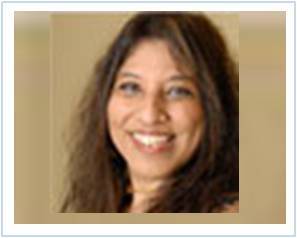



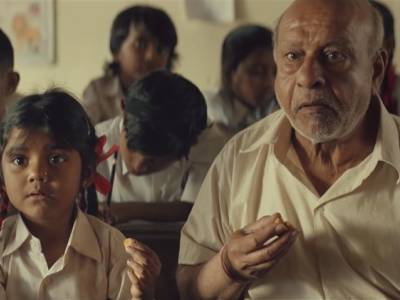
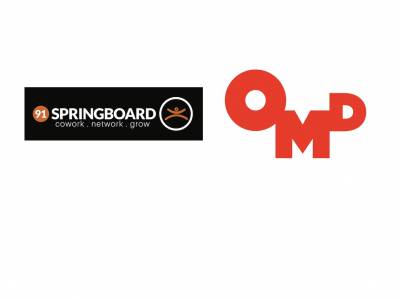

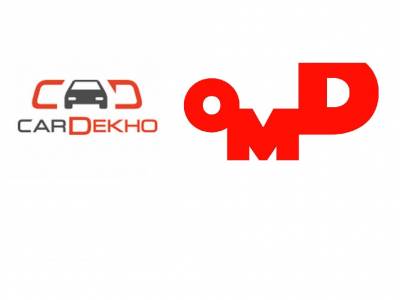

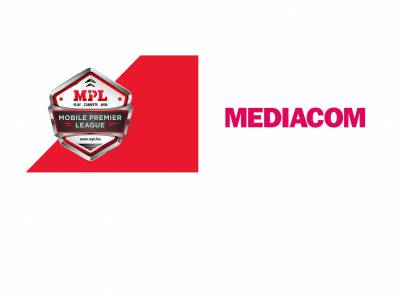
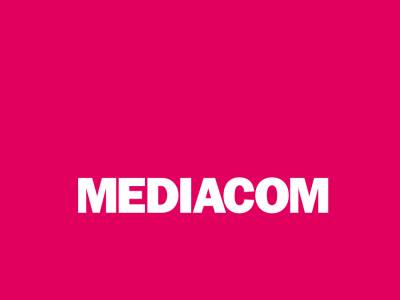

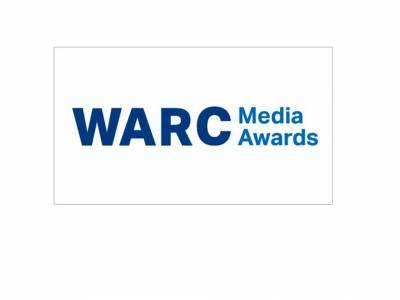


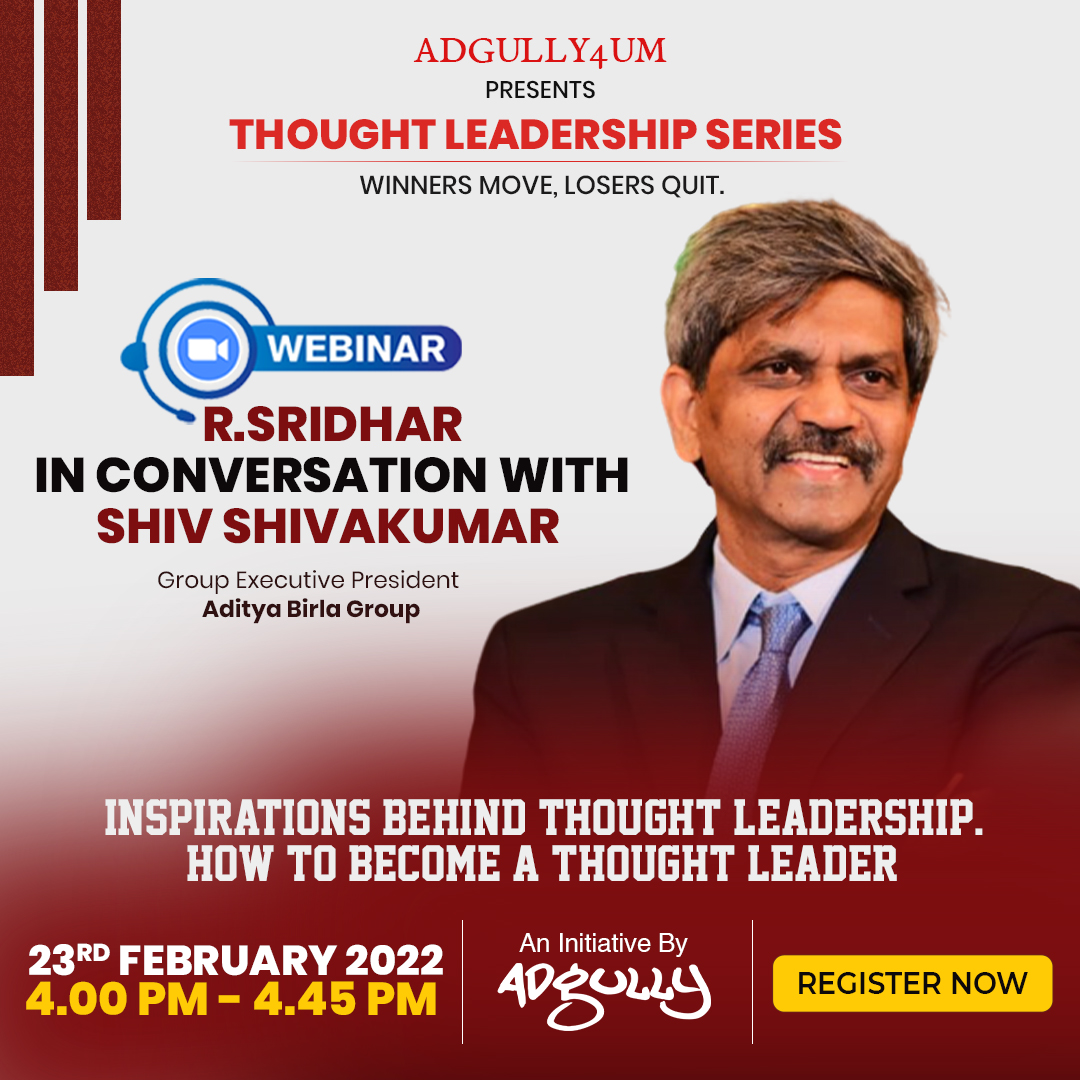
Share
Facebook
YouTube
Tweet
Twitter
LinkedIn